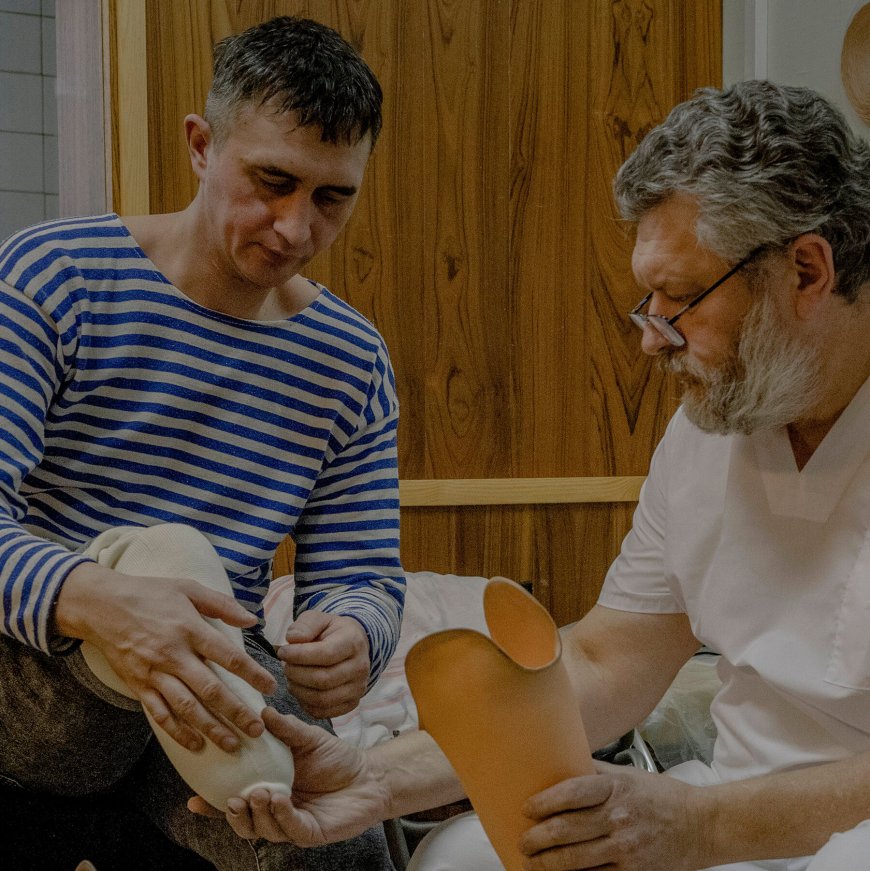For Many Returning Russian Veterans, a Long Road of Recovery Awaits
A large number of soldiers return as amputees, and many suffer from post-traumatic stress disorder. Once home, they face stigma and a grueling course of rehabilitation.

For Many Returning Russian Veterans, a Long Road of Recovery Awaits
News by dharmyuddh.com
The Brave Journey of Russian Veterans
Returning home after serving in conflict zones is a significant moment, yet it often marks the beginning of a challenging journey for Russian veterans. Many of these individuals face numerous obstacles in their quest for recovery, rehabilitation, and reintegration into civilian life. The emotional and physical scars left by service can profoundly impact their overall well-being. Understanding their struggles is crucial to providing necessary support and resources.
Challenges Faced by Veterans
Russian veterans often encounter a myriad of challenges, including mental health issues such as PTSD, physical injuries, and difficulty in finding stable employment. The stigma associated with mental health in military circles can prevent many from seeking the help they need. Moreover, the transition from a disciplined military environment to the unpredictability of civilian life often leaves these veterans feeling isolated and uncertain about their future.
Government and NGO Support
Fortunately, both governmental initiatives and non-governmental organizations (NGOs) are increasingly recognizing the needs of returning veterans. Programs focused on mental health support, job training, and community integration are essential to facilitating their recovery process. Ongoing outreach efforts aim to create awareness and encourage community involvement in helping the veterans navigate their post-service lives.
The Importance of Community
Community support plays a pivotal role in the recovery of returning veterans. Local support groups, veteran organizations, and family members can offer invaluable assistance by providing understanding, friendship, and a sense of belonging. These connections help veterans realize that they are not alone in their struggles, fostering resilience and hope for a better future.
Conclusion: A Call to Action
It is imperative that society recognize the sacrifices made by these brave individuals and strive to offer them the tools and support necessary for a smooth transition back into civilian life. As we move forward, acknowledging the long road of recovery ahead for returning Russian veterans is vital in ensuring they receive the respect, care, and understanding they deserve.
For more updates, visit dharmyuddh.com Keywords: Russian veterans recovery, challenges faced by veterans, mental health support for veterans, community support for veterans, transitioning from military to civilian life, PTSD in veterans, initiatives for veteran rehabilitation, employment challenges for veterans, NGO support for veterans, military veterans reintegration.







